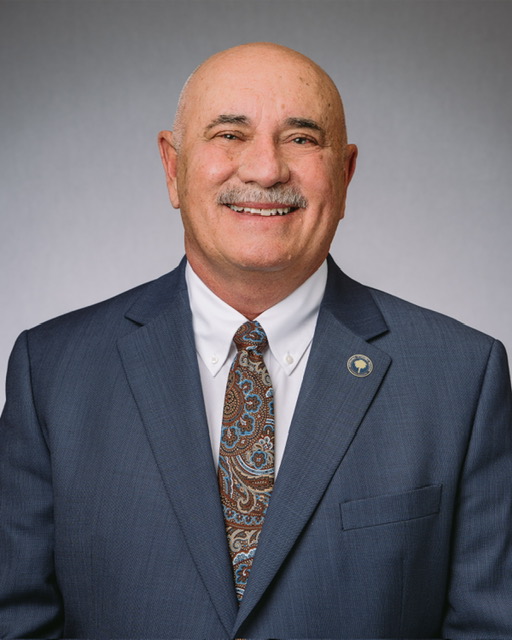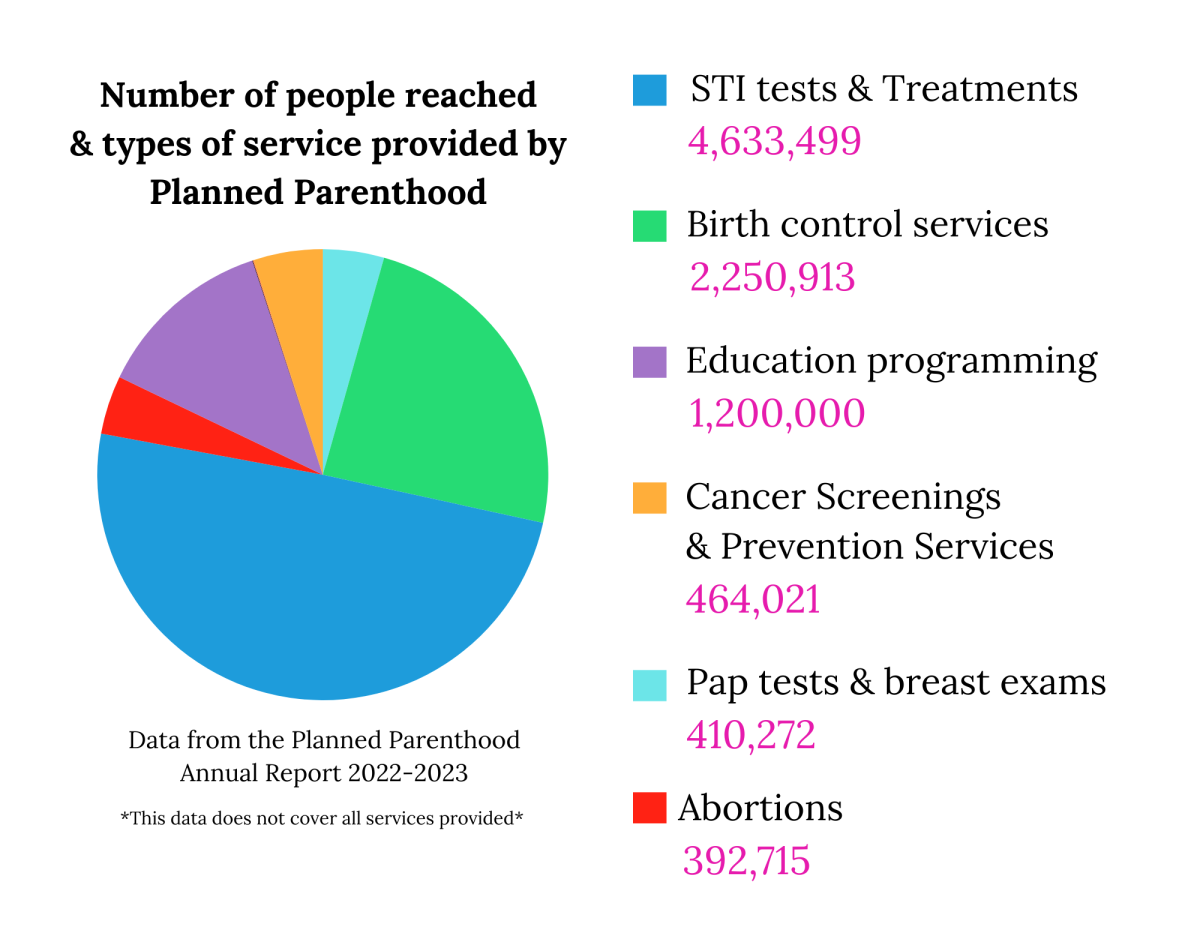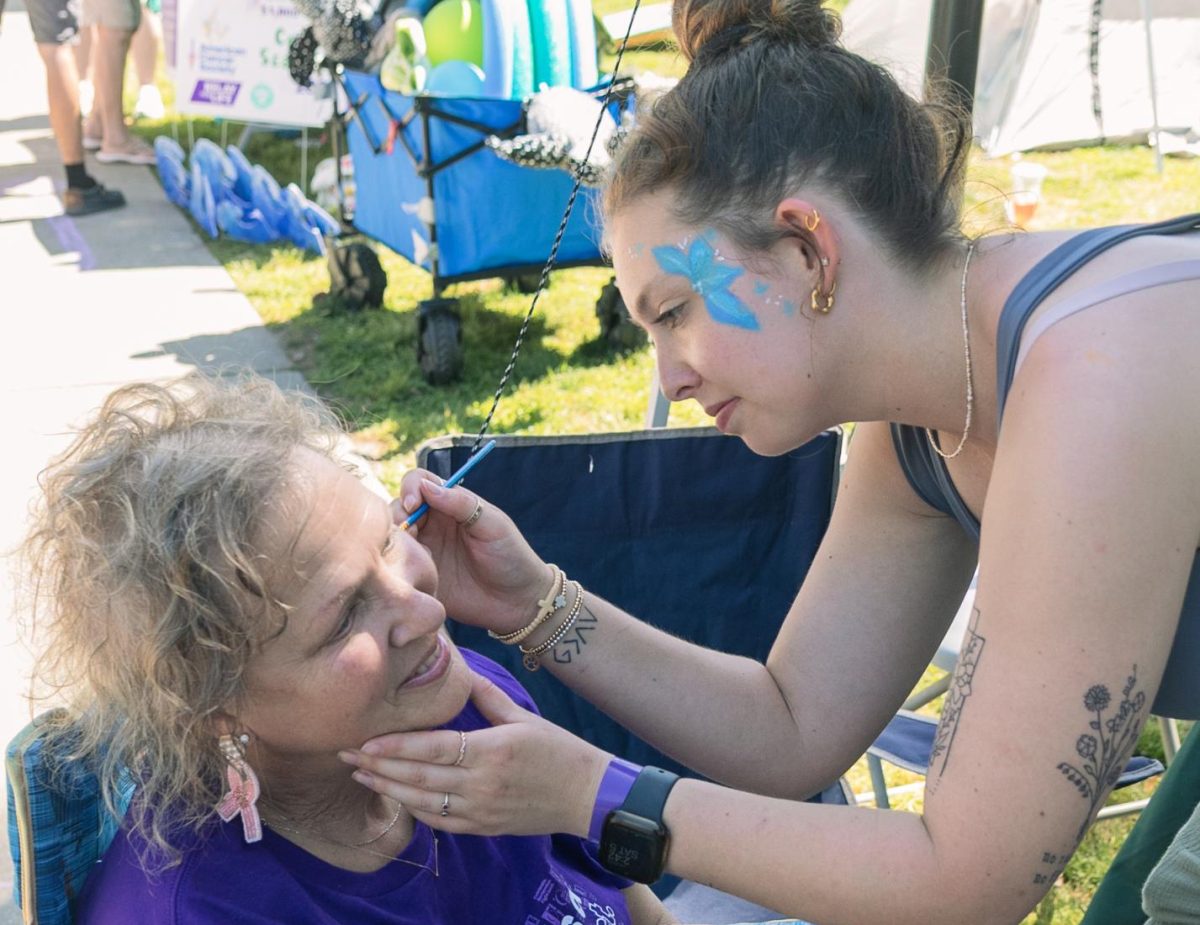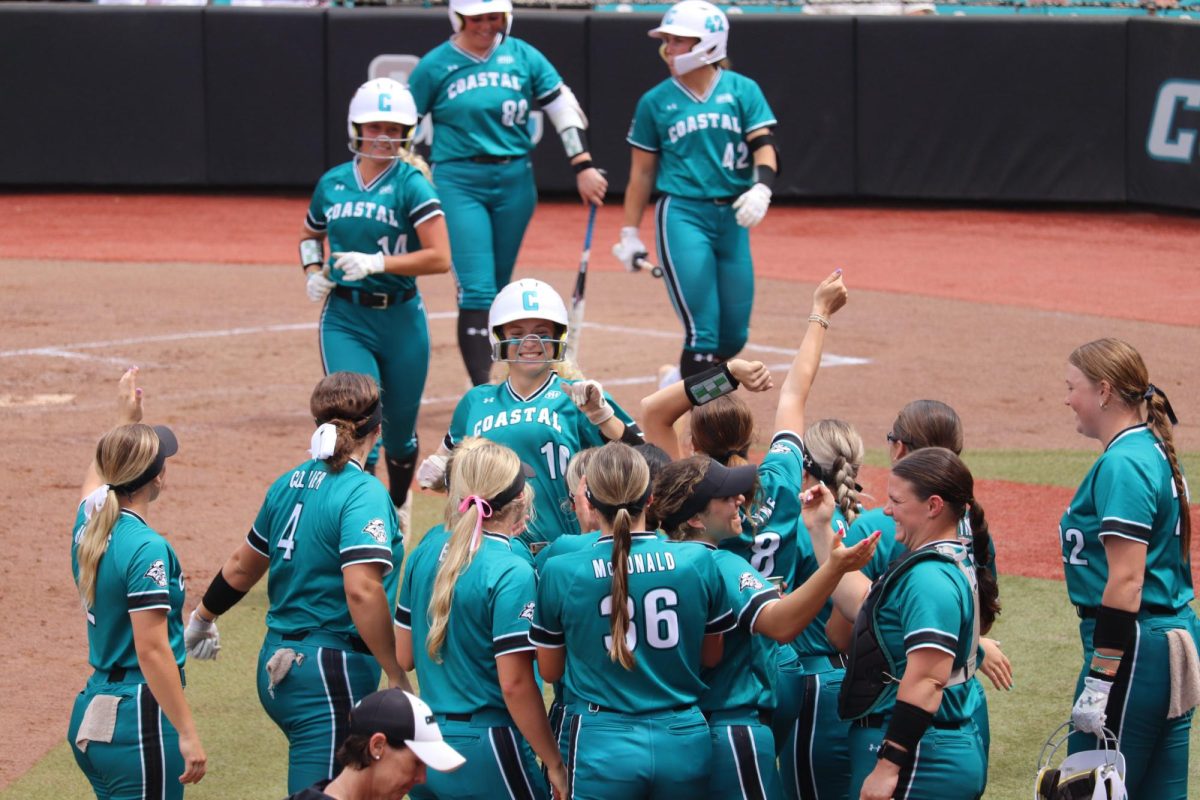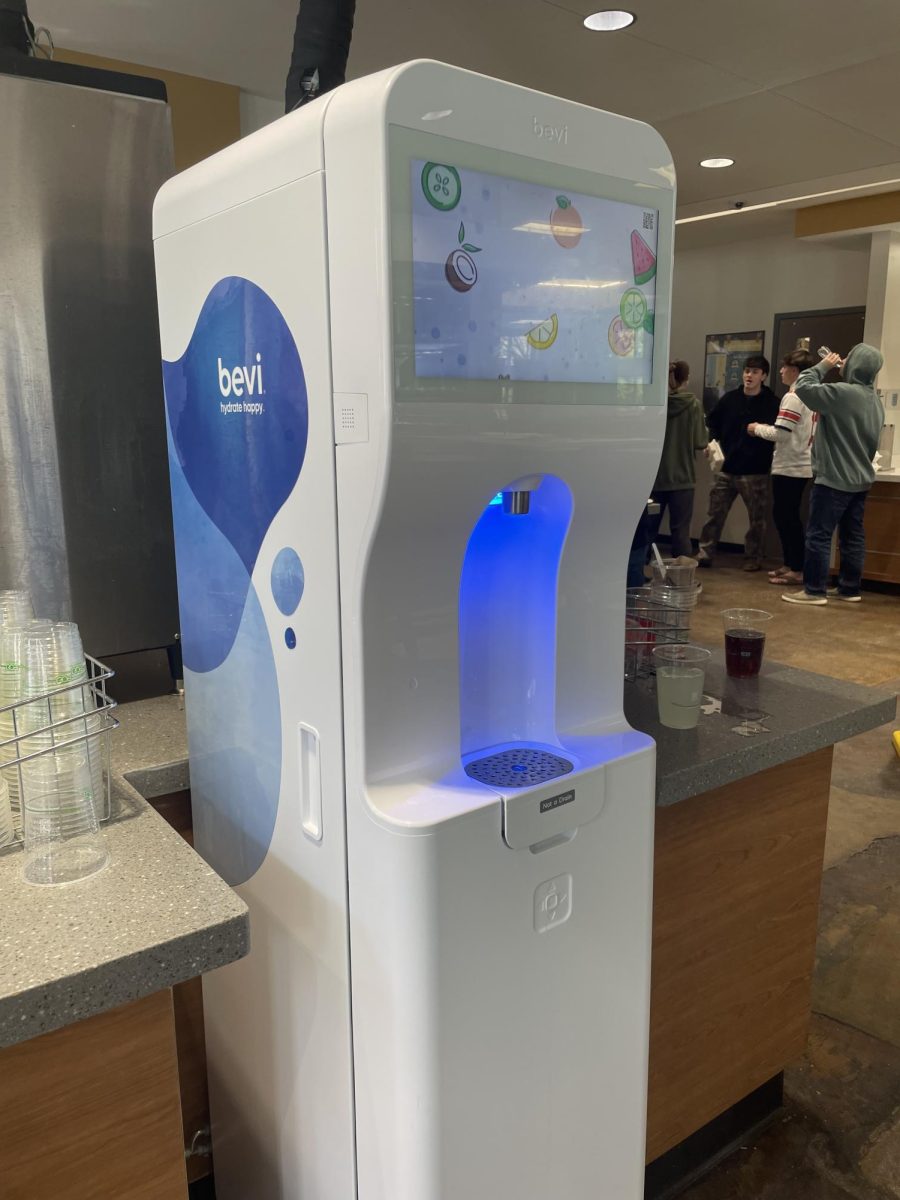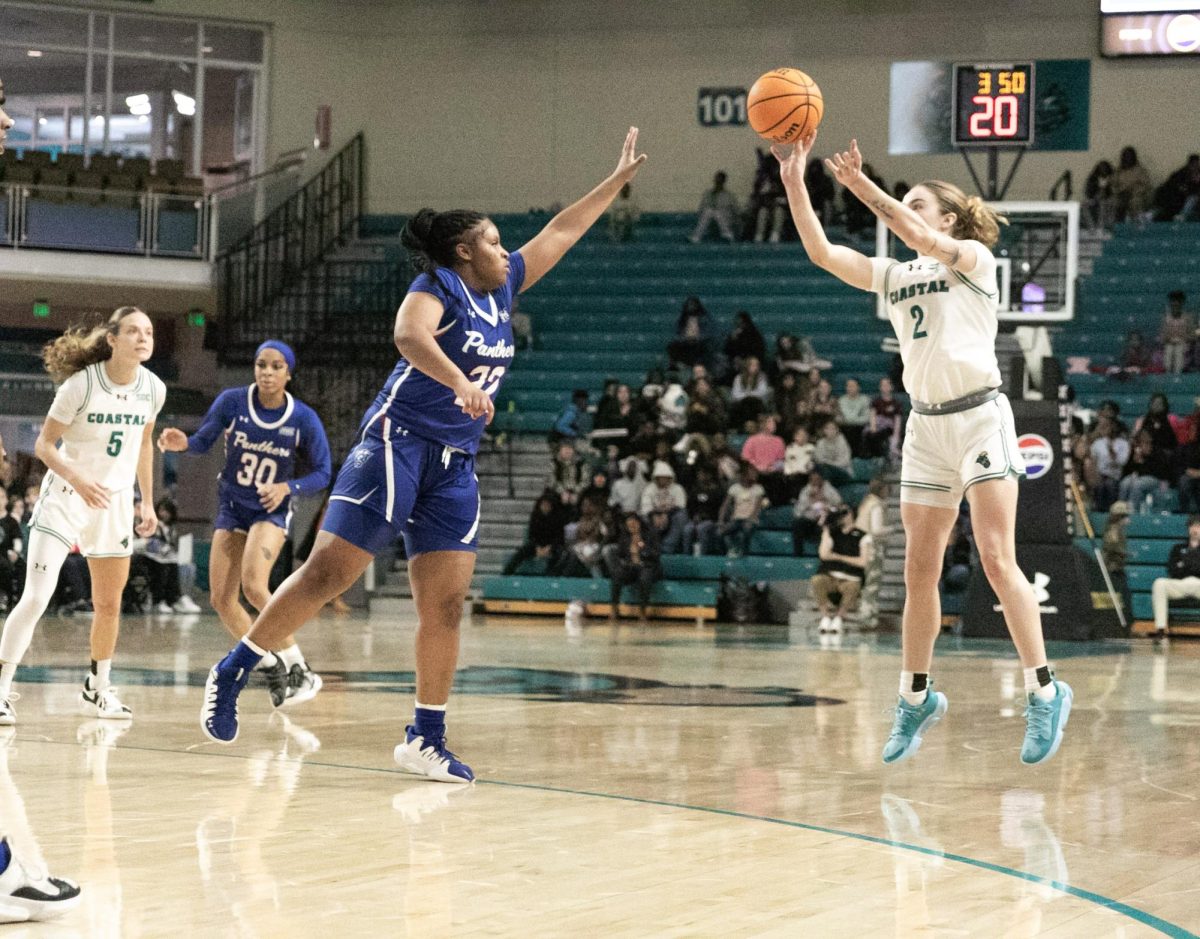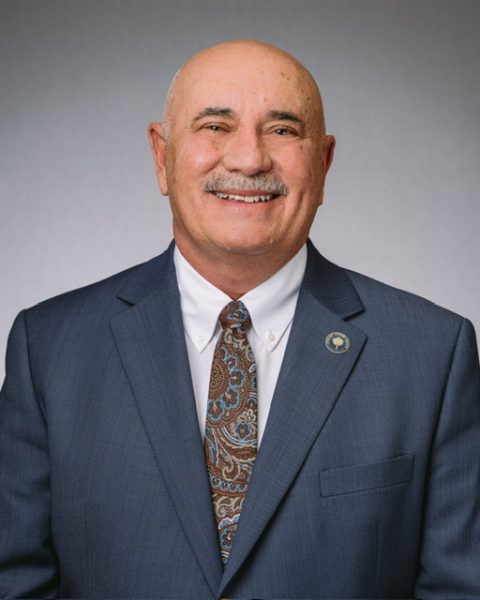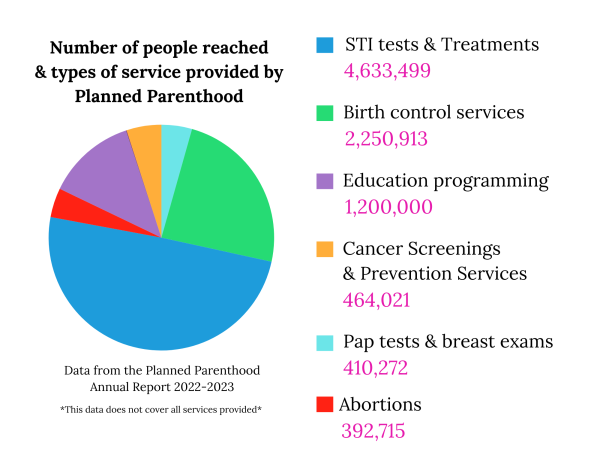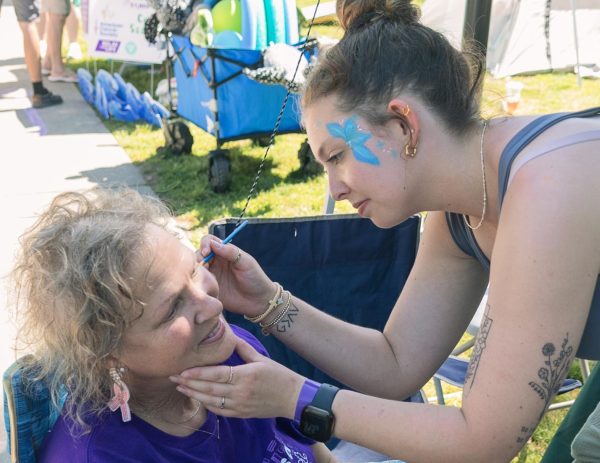New innovative programs added to CCU Curriculum
Two new programs, in science and education, are in the final stages of being added to CCU’s curriculum.
Coastal Carolina added to its ever-expanding program catalogue last month. The board of trustees created two programs: a B.S. in Marine and Coastal Environmental Science (MCES) intended to balance the current marine science curriculum with added focus on the changing coastal environment, and a B.A. in Higher Education and Community Relations (HECR).
These programs are meant to add to the already vast offering of classes CCU provides for two of its most successful areas of study, while acknowledging changes in both the natural and socioeconomic environments.
It is no secret that Coastal Carolina University is mostly famous for three things: the color teal, some gnarly mullets, and a marine science program that has garnered the attention of students from across the globe.
However, the MSCI major is an umbrella B.S. degree that is meant to offer prospective graduates the best chance at acceptance of job and grad school applications by exposing students to all four main marine science branches (geology, biology, oceanography and chemistry). This makes graduating students more marketable to a broader scope of employment opportunities, which is critical when the supply of hopeful applicants typically exceeds the demand to fill positions.
As overdevelopment in coastal regions continues to threaten natural resources, so education in environmental science is becoming more critical for those interested in preserving marine habitats. Shaowu Bao, assistant professor of coastal science, said this program gives students a jumpstart in the job field others won’t have.
“This new program offers students the ability to be trained so that they can enter the job market with a unique combination of understanding the underlying natural science principles,” Bao said. “As well as skills in coastal environmental management, sustainability, and policy, all of which are required by coastal communities where climate change is becoming a growing issue.”
Professors and accomplished students of marine science programs at CCU know firsthand how the effects of climate change are destabilizing both residential and commercial areas along coastlines. Junior and MSCI major Alyssa Antolak, who also serves as president of CCU’s Aqua-league Scuba club, said it’s necessary to understand how the earth is changing.
“It’s important to study environmental science because humans are changing the natural way the earth functions,” Antolak said.
A similar sense of adaptation was involved in the new HECR offering. This program is to make graduating students more successful in the field of higher education, adapting to better cater non-traditional work environments. These efforts to modify existing programs or create new ones to better suit the evolving job market signifies Coastal’s recognition that colleges must adapt to better provide for their students.
The welcome for the new MCES major was shared by another MSCI major, Jordan Browning, who thinks it’s smart to open the marine science catalogue with an expansion in ecology.
“MSCI is very broad and based around a core four: biology, chemistry, geology and physical oceanography. Ecology…is a big area in itself and a lot of people would love to go into that field but trying to shove it into the current MSCI major would be chaotic,” Browning said.
Whether speaking of the influence global warming and pursuit of a green future has on employment in the marine science field, or looking at the changes that economics, social trends, and technology have imposed on higher learning, it is vital to learn how to adjust to a shifting environment. The new programs are not officially available on the university’s curriculum yet, as they still must pass approval of the SC Higher Education Commission.
